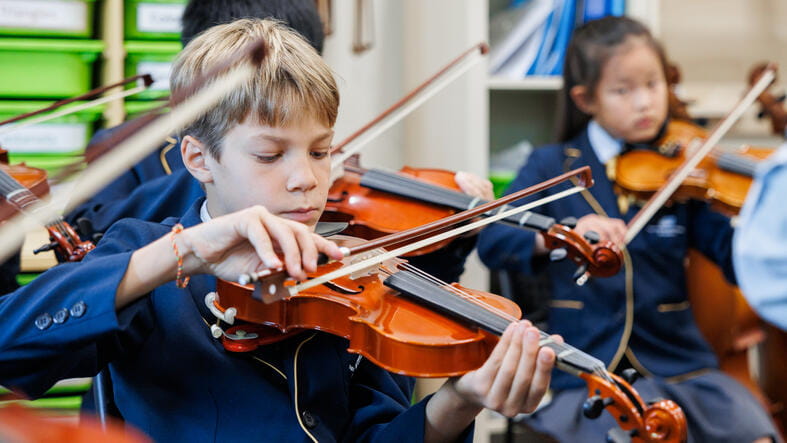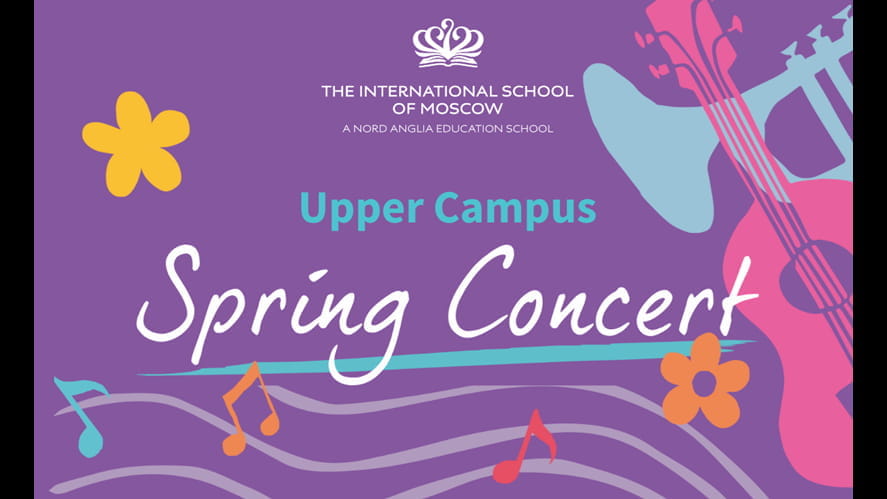1. Enhances Cognitive Skills:
Music education, such as what we do as part of the ISM curriculum, is not just about learning notes and playing instruments. It significantly enhances cognitive skills including memory, concentration, and reasoning. Studies have shown that students who study music often outperform their non-musical peers in mathematical tasks and reading comprehension.
2. Boosts Emotional Intelligence:
Engaging with music allows students to express themselves in ways that go beyond conventional communication. It teaches empathy and emotional awareness by helping students understand the emotions conveyed in various musical pieces.
3. Improves Social Skills:
Music often involves group activities like bands, orchestras, and choirs. Participating in these groups teaches students teamwork, collaboration, and effective communication skills. It also provides a sense of belonging and community.
4. Cultural and Historical Awareness:
Studying music exposes students to the rich tapestry of global cultures and history. Each piece of music has a story, often linked to specific historical events, cultural movements, or traditional values, fostering a broader understanding of the world.
5. Personal and Academic Growth:
Beyond the joy of music itself, studying it can lead to personal growth and increased academic performance. Music students frequently develop higher levels of discipline and focus, contributing to success in other academic areas.
How to Study Music
1. Choose the Right Instrument:
The first step in studying music is choosing an instrument that resonates with your child. Consider their musical preferences, physical compatibility with the instrument, and the kind of music they're interested in playing. At ISM, children have lots of opportunities to try different instruments as part of their music curriculum to find the one they truly love.
2. Formal Education and Training:
Enrolling in extra music classes at school or taking private lessons can provide structured learning and proper techniques. Our school employs some of the finest musical educators in the city, preparing our students for a variety of musical pursuits.
3. Regular Practice:
Like any skill, proficiency in music comes with regular practice. Setting aside dedicated time each day to practice their instrument is crucial to developing child’s musical abilities.
4. Join Musical Groups:
Participating in school bands, orchestras, or local music groups can enhance your child’s learning experience. It allows them to practice with others, perform in different settings, and learn from fellow musicians.
5. Explore Music Theory:
While playing an instrument is thrilling, understanding music theory deepens musical knowledge and enhances playing skills. Learning about scales, chords, and musical structures can provide a richer appreciation of music.
Studying music is a lifelong journey that can enrich your life in countless ways. It sharpens your cognitive abilities, nurtures your emotional and social skills, and opens up a world of cultural riches. Whether as a hobby or a professional pursuit, music offers a fulfilling path full of discovery and joy. At ISM, students gain an exceptional foundation that carries them forward in their musical and personal development









